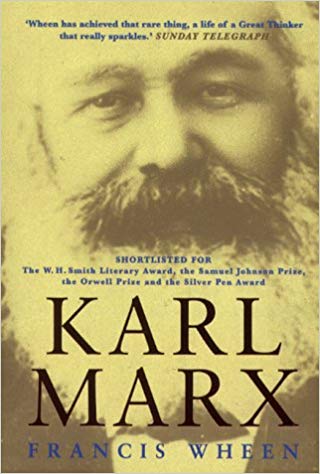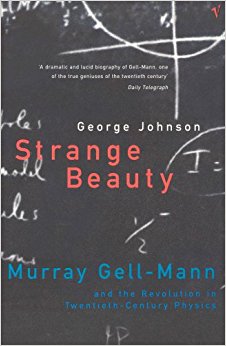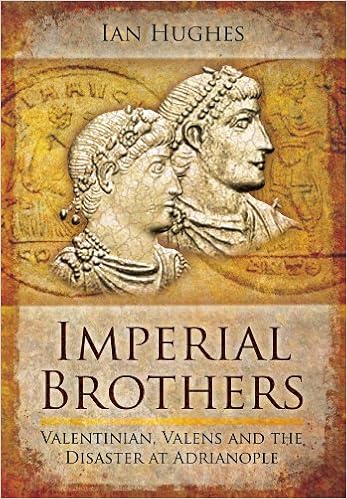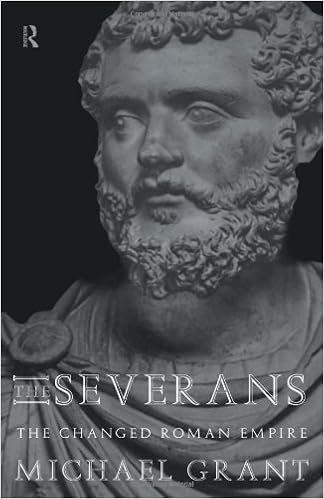 I liked this biography of Marx (from about twenty year ago, but hardly out of date). Rather pleasantly, it doesn’t feel particularly ideologically driven. Wheen is more interested in Marx as a human and conjures up both his boisterous, argumentative side and his (surprisingly) gentle side. Family life plays a huge role here, and it helps to bring out the personal edge to his professional interactions. The politics and philosophy is covered too, but it’s not heavy going – there’s also an eye on keeping the book readable.
I liked this biography of Marx (from about twenty year ago, but hardly out of date). Rather pleasantly, it doesn’t feel particularly ideologically driven. Wheen is more interested in Marx as a human and conjures up both his boisterous, argumentative side and his (surprisingly) gentle side. Family life plays a huge role here, and it helps to bring out the personal edge to his professional interactions. The politics and philosophy is covered too, but it’s not heavy going – there’s also an eye on keeping the book readable.
There have been more than a few previous Marx biographies (not that I’ve read them) and Wheen seems particularly pleased when he gets a change to offer a different interpretation of some aspect of the story. The two that stand out are Frederick Demuth, who Wheen places as Marx’s illegitimate son, and the interactions between Marx and Charles Darwin. Despite his faults, it’s hard to read the book and not end up with sympathy for Marx and his personal struggles (although the Telegraph seems to have).
 I’m not a mathematician – I liked the subject at school, but ended up heading down the path of Physics (and in an experimentalist direction). I have though heard a few things about Paul Erdős – the prodigious number of papers, the lack of a non-mathematical social life, Erdős numbers. After reading this book, I know more about him but it’s generally in the same vein: his odd language of slang terms (god = “the supreme fascist”, children = “epsilons”), various anecdotes from friends and colleagues. Actually he does come across as very social (in his awkward way), and with a hefty supply of witticisms to liven things up – quite different from Paul Dirac, to pick another eccentric from the list of biographies I’ve read recently.
I’m not a mathematician – I liked the subject at school, but ended up heading down the path of Physics (and in an experimentalist direction). I have though heard a few things about Paul Erdős – the prodigious number of papers, the lack of a non-mathematical social life, Erdős numbers. After reading this book, I know more about him but it’s generally in the same vein: his odd language of slang terms (god = “the supreme fascist”, children = “epsilons”), various anecdotes from friends and colleagues. Actually he does come across as very social (in his awkward way), and with a hefty supply of witticisms to liven things up – quite different from Paul Dirac, to pick another eccentric from the list of biographies I’ve read recently. First off, I enjoyed Frank McLynn’s biography of
First off, I enjoyed Frank McLynn’s biography of  Strange Beauty assumes some basic knowledge of physics – not necessarily in detail, but it would help to have a rough idea of the key characters and ideas of quantum physics. It builds on this to cover the Gell-Mann’s work and methods in satisfying detail. I would actually go as far to say that it’s some of the best representations of the subject that I have read in a popular science book. He was slow to publish and often irritatingly cautious in the work he presented, but he wouldn’t let go of a problem once he had latched on to it and worked in very productive collaborations with colleagues (giving a counterpoint to anecdotes showing his abrasive side). In addition to this, MGM is involved in almost every topic of importance in the field, and comes into contact with many of the other well known figures in 20th century physics.
Strange Beauty assumes some basic knowledge of physics – not necessarily in detail, but it would help to have a rough idea of the key characters and ideas of quantum physics. It builds on this to cover the Gell-Mann’s work and methods in satisfying detail. I would actually go as far to say that it’s some of the best representations of the subject that I have read in a popular science book. He was slow to publish and often irritatingly cautious in the work he presented, but he wouldn’t let go of a problem once he had latched on to it and worked in very productive collaborations with colleagues (giving a counterpoint to anecdotes showing his abrasive side). In addition to this, MGM is involved in almost every topic of importance in the field, and comes into contact with many of the other well known figures in 20th century physics. The book starts at the last days of Julian’s reign and runs through the rule of Valentian I and his brother Valens. Throughout most of the book Hughes takes a methodical, almost annalistic, approach. The military campaigns and major events of each year are briefly described. This is quite a dry style, but it does pay off when the author begins to draw conclusions later in the book. The battle of Adrianople, and the campaign around it, is covered in more detail in the last few chapters.
The book starts at the last days of Julian’s reign and runs through the rule of Valentian I and his brother Valens. Throughout most of the book Hughes takes a methodical, almost annalistic, approach. The military campaigns and major events of each year are briefly described. This is quite a dry style, but it does pay off when the author begins to draw conclusions later in the book. The battle of Adrianople, and the campaign around it, is covered in more detail in the last few chapters. First off, “and the Wars of the Roses” isn’t a subtitle used lightly. This 2010 release from Pen & Sword focuses very much on the military history side of things. It doesn’t function as a complete biography – his later reign is only skimmed through, and the details of his often extravagant lifestyle don’t really feature. It does however make a case for Edward being the most successful general of any English monarch.
First off, “and the Wars of the Roses” isn’t a subtitle used lightly. This 2010 release from Pen & Sword focuses very much on the military history side of things. It doesn’t function as a complete biography – his later reign is only skimmed through, and the details of his often extravagant lifestyle don’t really feature. It does however make a case for Edward being the most successful general of any English monarch. A short post here on a short book. Michael Grant was a classicist with a reputation for writing short and popular, but comprehensive, books on Rome and this volume from 1996 is no exception. He condenses the fifty event filled years of the Severan dynasty (and the brief reign of Macrinus) into under ninety pages. The structure of the book is thematic rather than narrative, and chapters on finance, literature and art give perspectives often forgotten in more story-driven popular history.
A short post here on a short book. Michael Grant was a classicist with a reputation for writing short and popular, but comprehensive, books on Rome and this volume from 1996 is no exception. He condenses the fifty event filled years of the Severan dynasty (and the brief reign of Macrinus) into under ninety pages. The structure of the book is thematic rather than narrative, and chapters on finance, literature and art give perspectives often forgotten in more story-driven popular history. Marcus Aurelius has a reputation as a great emperor, if not one of the best. He studied philosophy, ruled temperately and was fairly successful in his wars (mostly fought in self defence). He was the last of the “five good emperors”, with the Roman Empire at its greatest extent. However things were not that simple, and both Marcus and the Empire were not without flaws (some of them pretty major). This 2009 biography by Frank McLynn attempts to paint a more complete portrait of Marcus and his legacy.
Marcus Aurelius has a reputation as a great emperor, if not one of the best. He studied philosophy, ruled temperately and was fairly successful in his wars (mostly fought in self defence). He was the last of the “five good emperors”, with the Roman Empire at its greatest extent. However things were not that simple, and both Marcus and the Empire were not without flaws (some of them pretty major). This 2009 biography by Frank McLynn attempts to paint a more complete portrait of Marcus and his legacy. After Mike Duncan’s superb History of Rome, do we really need another podcast about Romans? Obviously more than a few people think so, by the way that
After Mike Duncan’s superb History of Rome, do we really need another podcast about Romans? Obviously more than a few people think so, by the way that